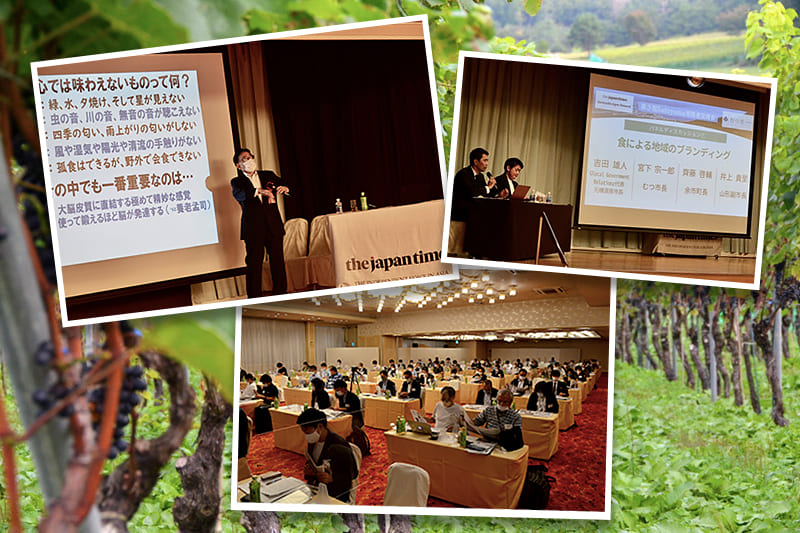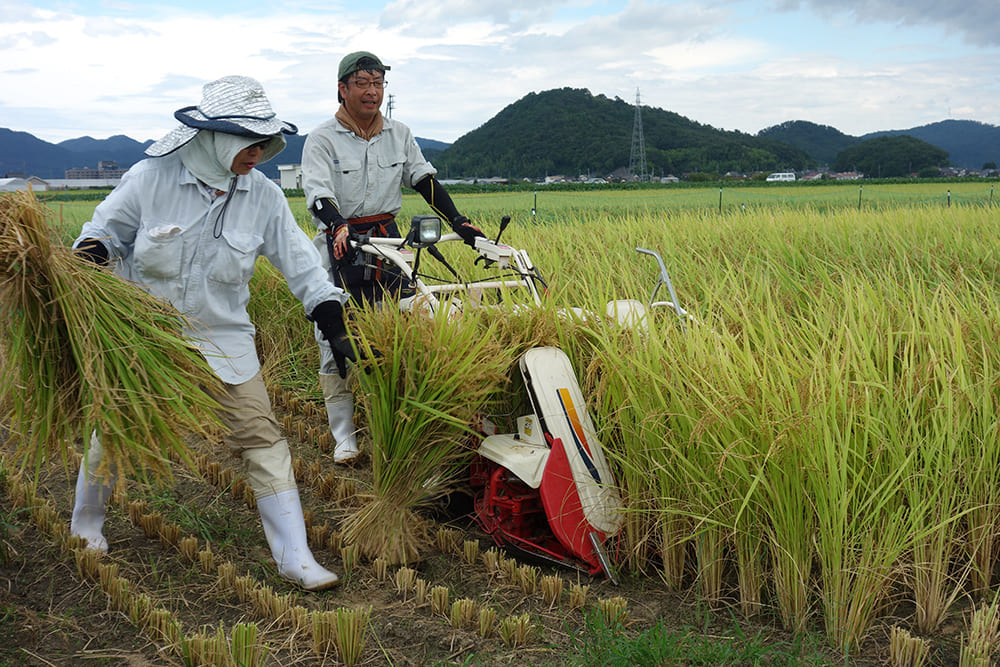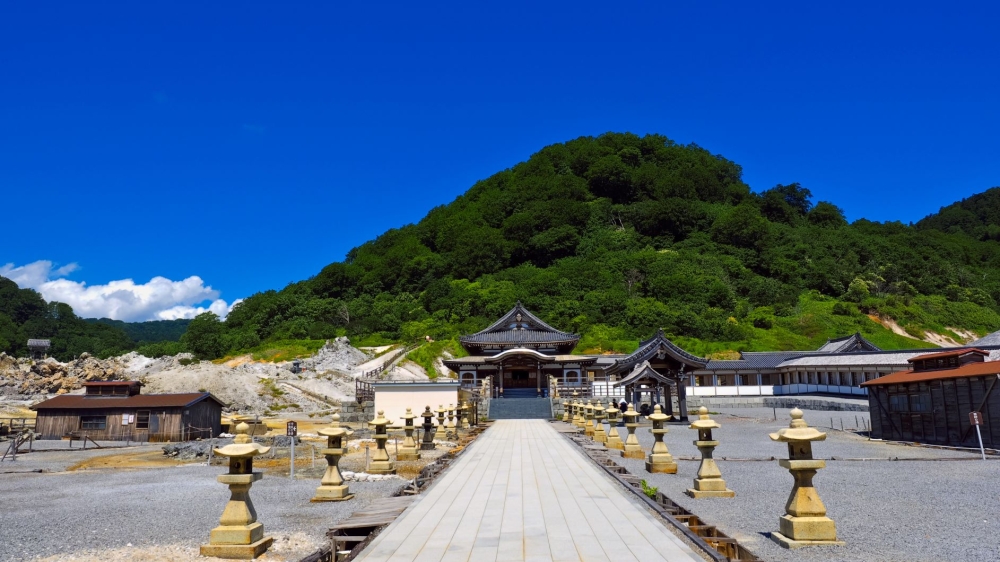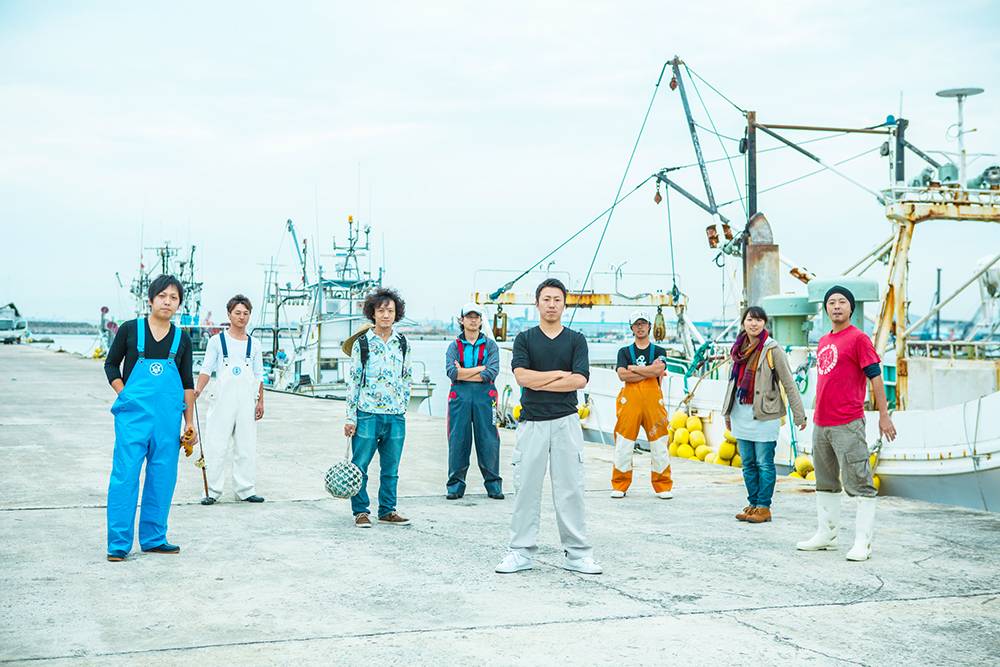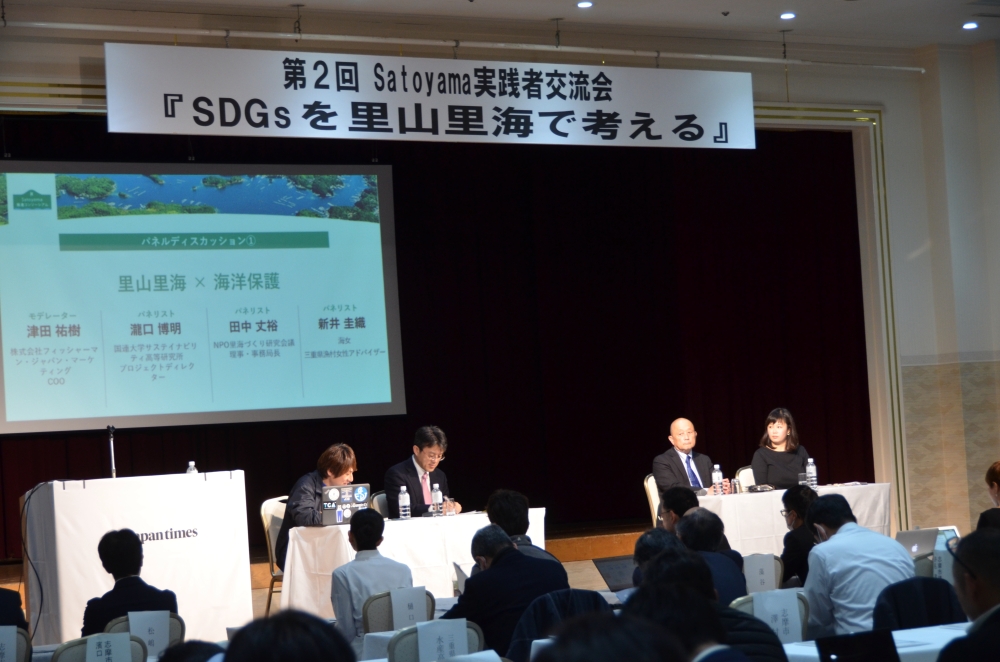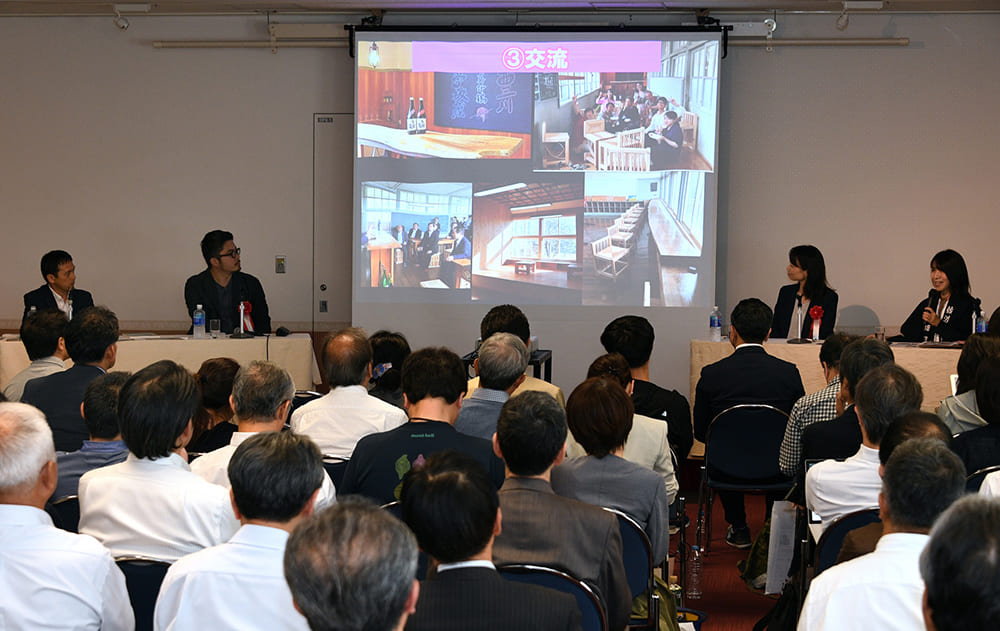October 19, 2020
With sea and sake, using business to revitalize regions
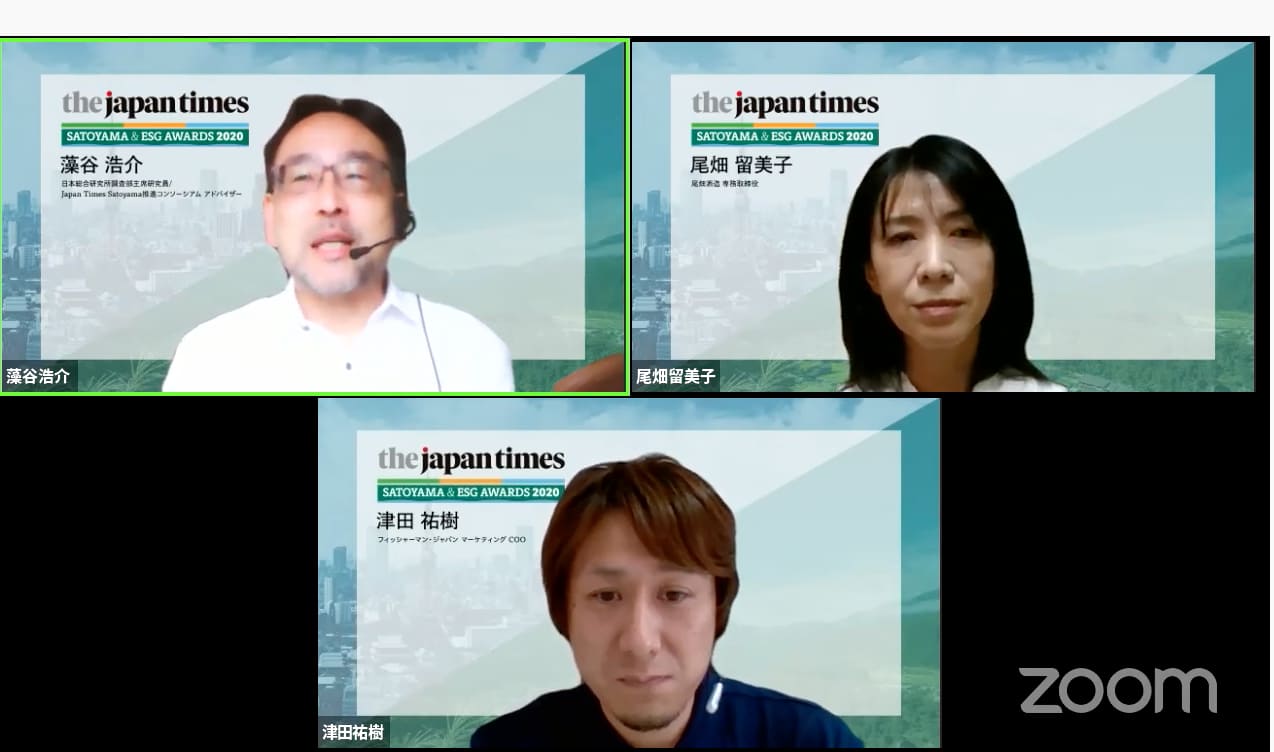
You can check it out on youtube. Please take a look!
Various efforts are being made by stakeholders, both public and private, to revitalize rural areas in Japan. Using the power of business is an effective way to reinvigorate regions, and rejuvenated communities can in return support the sustainability of businesses. Businesses that grow with communities are also resilient in and responsive to unusual situations such as pandemics.
The operator of one such business, fifth-generation sake brewery owner Rumiko Obata, said during a recent online talk session organized by the Japan Times Satoyama Consortium: “If the local community lacks energy, it is impossible to grow the rice that makes sake. We work with the community because its happiness is indispensable in making sake.”
Another speaker at the Sept. 24 session, Yuki Tsuda, a marketer and intermediate wholesaler in the fishing industry, said, “Fishermen use the ocean, which is a public property, so they cannot run their business just for their own sake,” stressing that creating a strong community and maintaining a good environment are shortcuts toward higher profitability in business.
The Japan Times Satoyama Consortium takes its name from the term “ satoyama ,” for rural mountains and forests tended by residents to sustainably use existing natural resources. A similar concept relating to the ocean is known as satoumi .
The consortium last year established the Satoyama and ESG Awards to recognize two sorts of activities: creating a sustainable circular economy through the use of existing regional resources — the satoyama category; and delivering innovative projects and technologies from the perspectives of the environment, society and governance (ESG) and of sustainable development goals — the ESG category.
The Obata Sake Brewery won this year’s Grand Prize in the satoyama category of the Satoyama and ESG Awards, and Fisherman Japan Marketing Co., led by Tsuda as the representative director and chief operating officer, won the Excellence Award.
Kosuke Motani, a chief senior economist at the Japan Research Institute Ltd. and an adviser to the consortium and one of the judges of the satoyama awards, moderated the talk session.
The Excellence Award
Fisherman Japan Marketing is a sales and marketing company for marine products in the Miyagi Prefecture city of Ishinomaki that works hand in hand with the nonprofit Fisherman Japan, both established in 2014.
“I was working as an intermediate wholesaler at my father’s company before the Great East Japan Earthquake and tsunami hit the area in 2011. It took three years to reconstruct our business,” Tsuda said. However, the fishing industry has faced challenges beyond recovering from the disaster, such as a lack of successors in businesses, the exhaustion of marine resources, outdated methods of mass production and distribution, and the closed nature of the industry.
Some young workers and fishermen, including himself and Shota Abe, the current CEO of Fisherman Japan Marketing and the chairman of the nonprofit, started to realize that a strong and dedicated team needed to be formed beyond companies and regions to make fishing “cool, successful and innovative” — the principle of Fisherman Japan.
While the corporate body focuses on domestic and international sales, restaurant businesses, consulting and collaboration with various industries — even developing a raincoat with an apparel company — the nonprofit engages in nurturing young fishermen. “We aim to increase the number of new fishermen with diverse skills up to 1,000 in the (northeastern) Sanriku area by 2024,” Tsuda said.
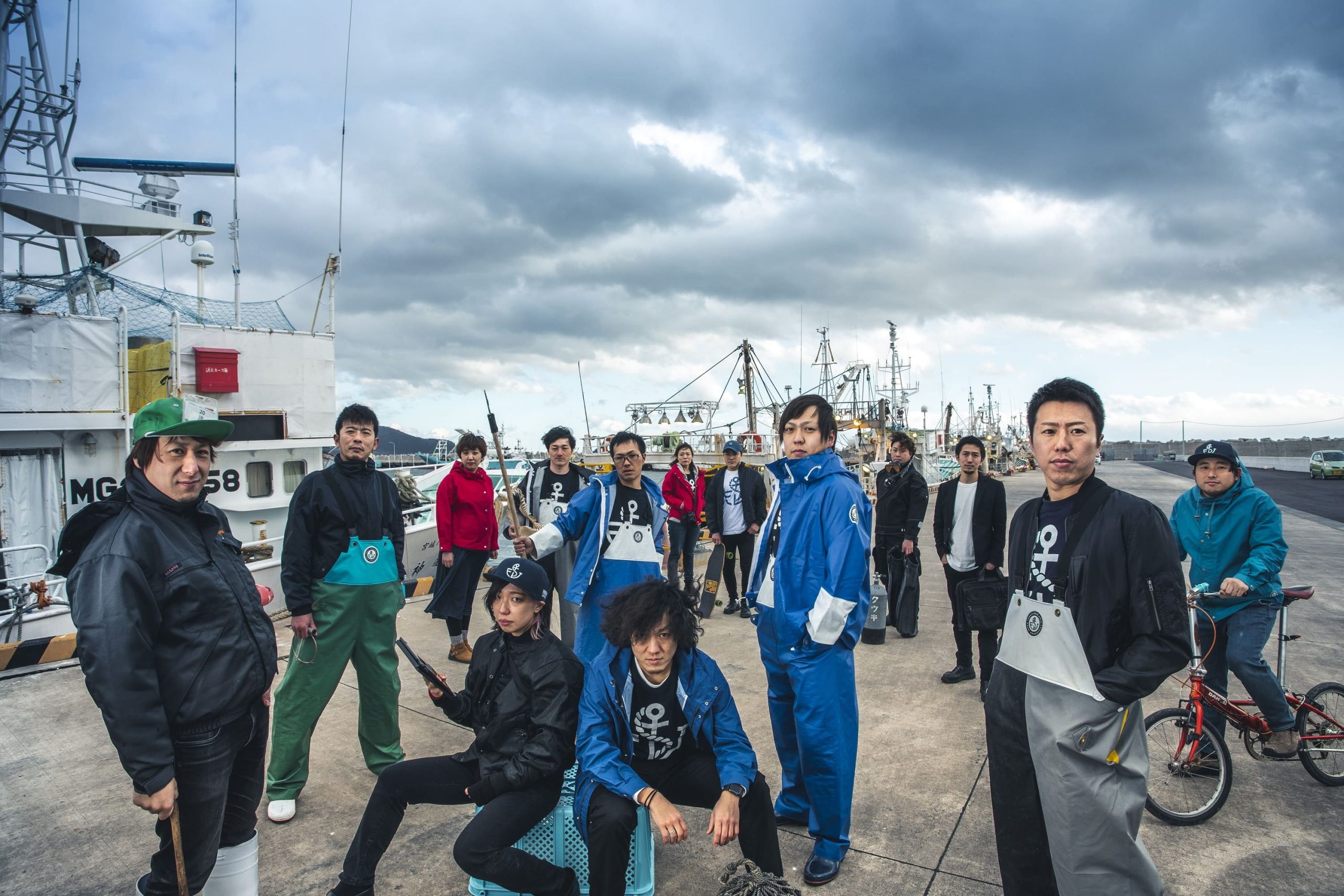
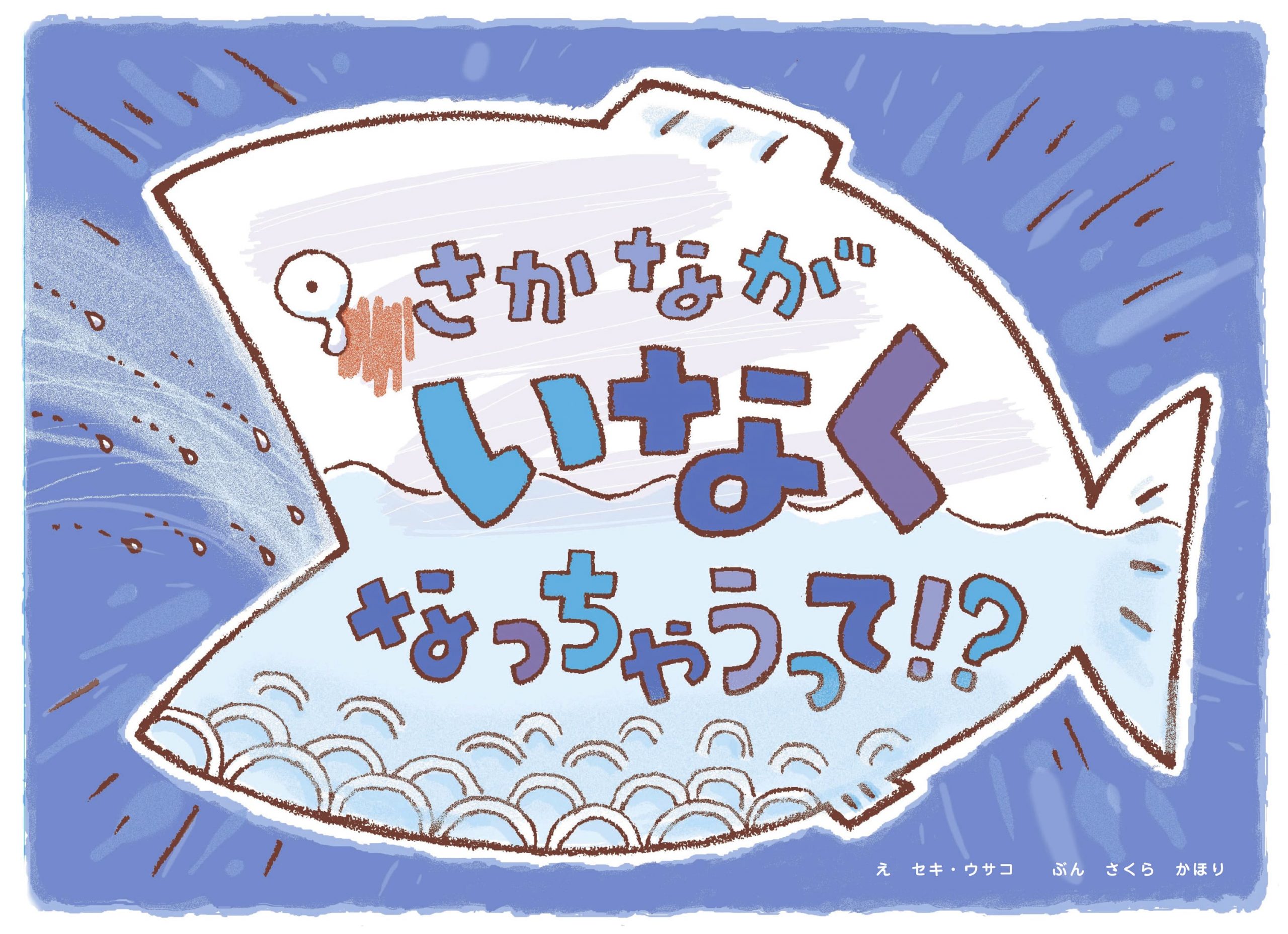
The Grand Prize
In the waters on the other side of northern Japan, the island of Sado is home to the Obata Sake Brewery. Sado, lying in the Sea of Japan off Niigata Prefecture, is 1.4 times the size of Tokyo’s 23 wards. Sado is often called a microcosm of Japan for its natural and cultural diversity.
The brewery, established in 1892, fully utilizes the blessings of nature on Sado to produce high-quality sake that delivers not only excellent taste but also has led to stories worldwide telling of the island’s charms.
Sado Aida Rice Farming, one of the Obata Sake Brewery’s contract rice farmers, scatters oyster shells from the brackish Lake Kamo in its paddies and uses them to filter mountain water, enriching the rice with minerals and nutrients from both sea and mountains.
The Obata Sake Brewery’s sake has been exported to the world since 2003. “We try to promote Sado as well as our products in a bid to attract visitors from all over the world,” Obata said. As a result, many of the participants in the brewery’s annual one-week sake-making program are from overseas.
The program takes place at Gakkogura, the Obata Sake Brewery’s second brewery, housed in a 136-year-old building that retains the history and memories of its past as an elementary school. A workshop has also been conducted at Gakkogura each June since 2014 on the challenges that Japan faces and how regions can respond.
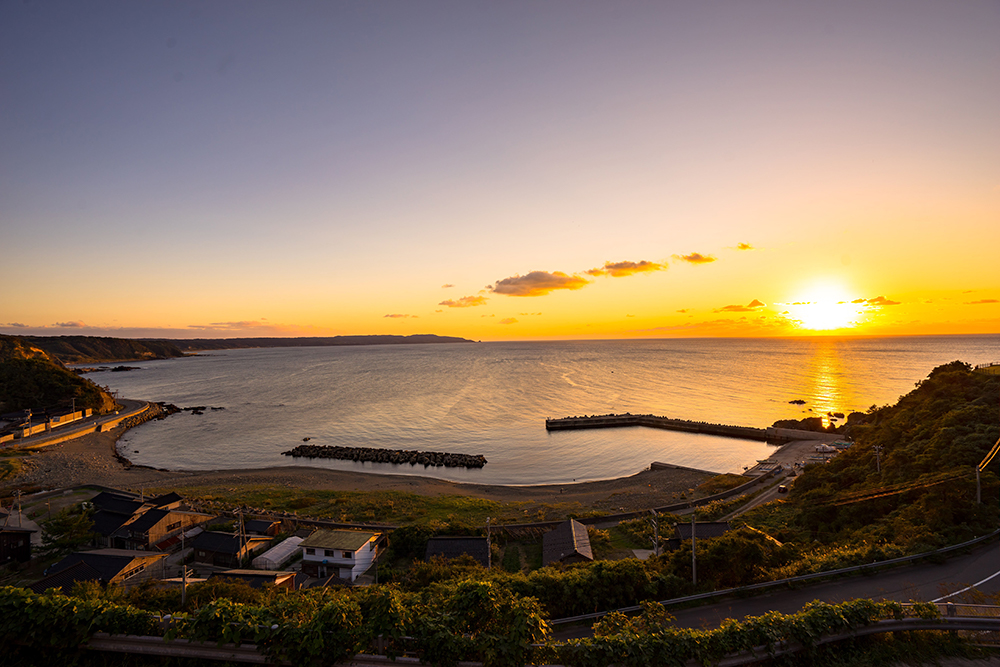
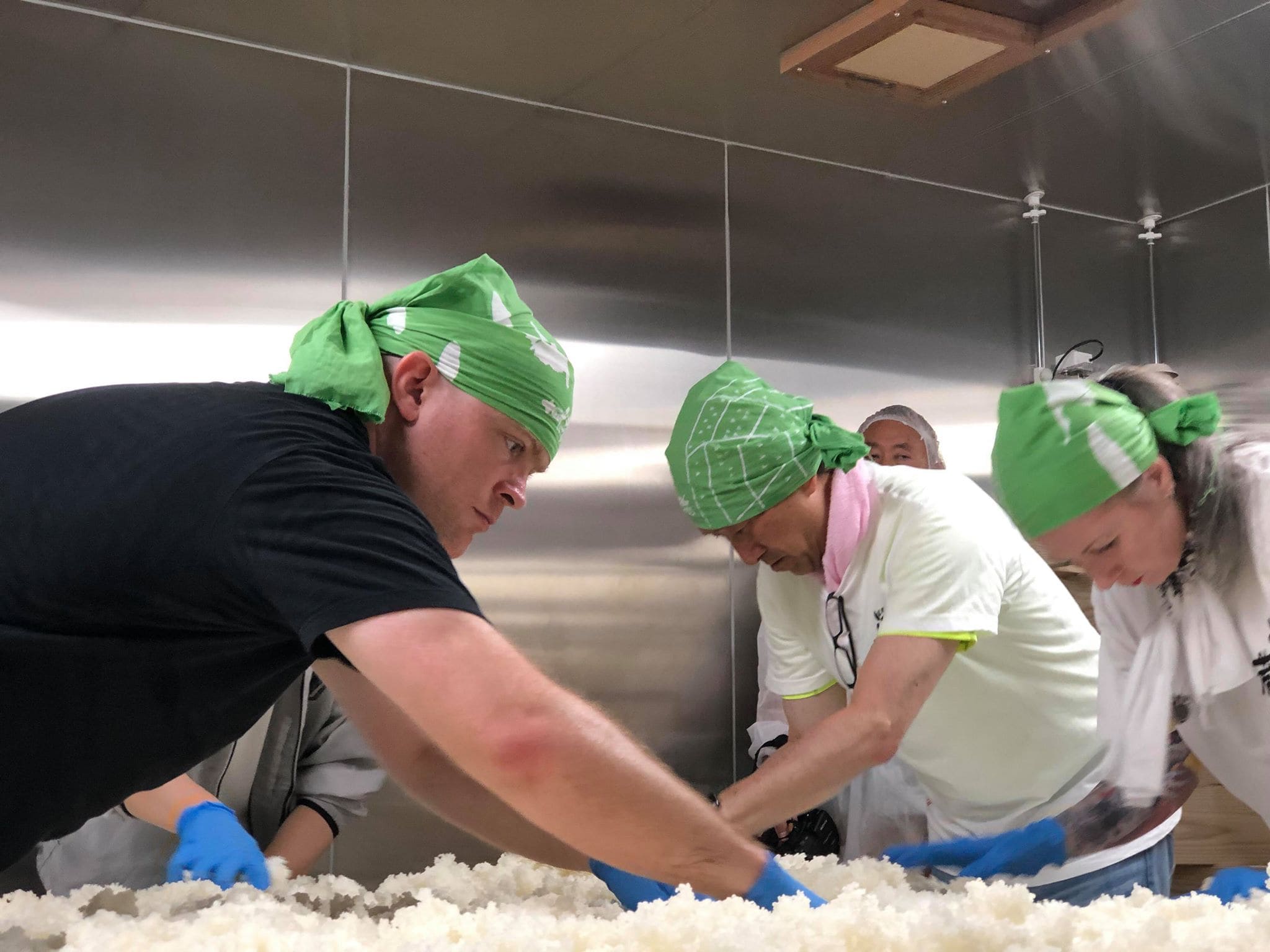
Coping with a pandemic
The moderator of the talk session, economist Kosuke Motani, has also been one of the lecturers at the workshop. Although this year’s workshop was canceled due to the coronavirus pandemic, the 2019 event drew 120 participants from all over.
When Motani asked participants how else the pandemic has affected their businesses and how they are coping with the situation, Obata said sales to restaurants have dropped significantly, “but at the same time, it gave us an opportunity to think about what we can do other than what we had been doing.” The brewery has recently been trying various new projects such as conducting webinars, livestreaming the brewing process at Gakkogura, making a promotional video for each product and creating YouTube contents.
Tsuda also said wholesale fish sales had slumped and they were forced to temporarily close their izakaya (Japanese pub) in Tokyo. “It gave the chef of the izakaya time to kill, so we started selling boxes of fresh fish to individual customers via the internet, with online lessons in which the chef teaches how to clean and cut fish,” Tsuda said. The service attracted a lot of media attention, and Tsuda sensed a new possibility in it.
Obata and Tsuda share other challenges. One of them is a shortage of successors. For sake breweries, the sustainability of sake rice production is a major concern. To help preserve the tradition of terraced rice paddies in southeastern Sado that are time-and labor-consuming to maintain, Obata’s brewery started to purchase rice from those paddies, hoping that a stable income would attract young farmers.
In 2015 Fisherman Japan launched the Triton Project, which has been running shared houses for young fishermen, accepting interns, offering lessons and activities at schools and for children and so on.
To sustain the business and regional growth, Tsuda said that even though people’s work and lifestyles may never return to normal after the pandemic, tourism will not disappear. “The more you stay at home because most things can now be done online, the more urge you feel to travel. We should shift from selling goods to offering experiences centered on fish,” he said.
Obata said her brewery will survive this crisis and be open to the people abroad who had to give up on visiting this year and are waiting for the next chance.
Motani commented that nothing can replace the intangible immediacy of personal interactions and experiences. “I am sure there are a lot of people missing the lost opportunities to visit Japan. They will come back in big waves over time,” he said, stressing the importance of the sustainability of economies and regions.

